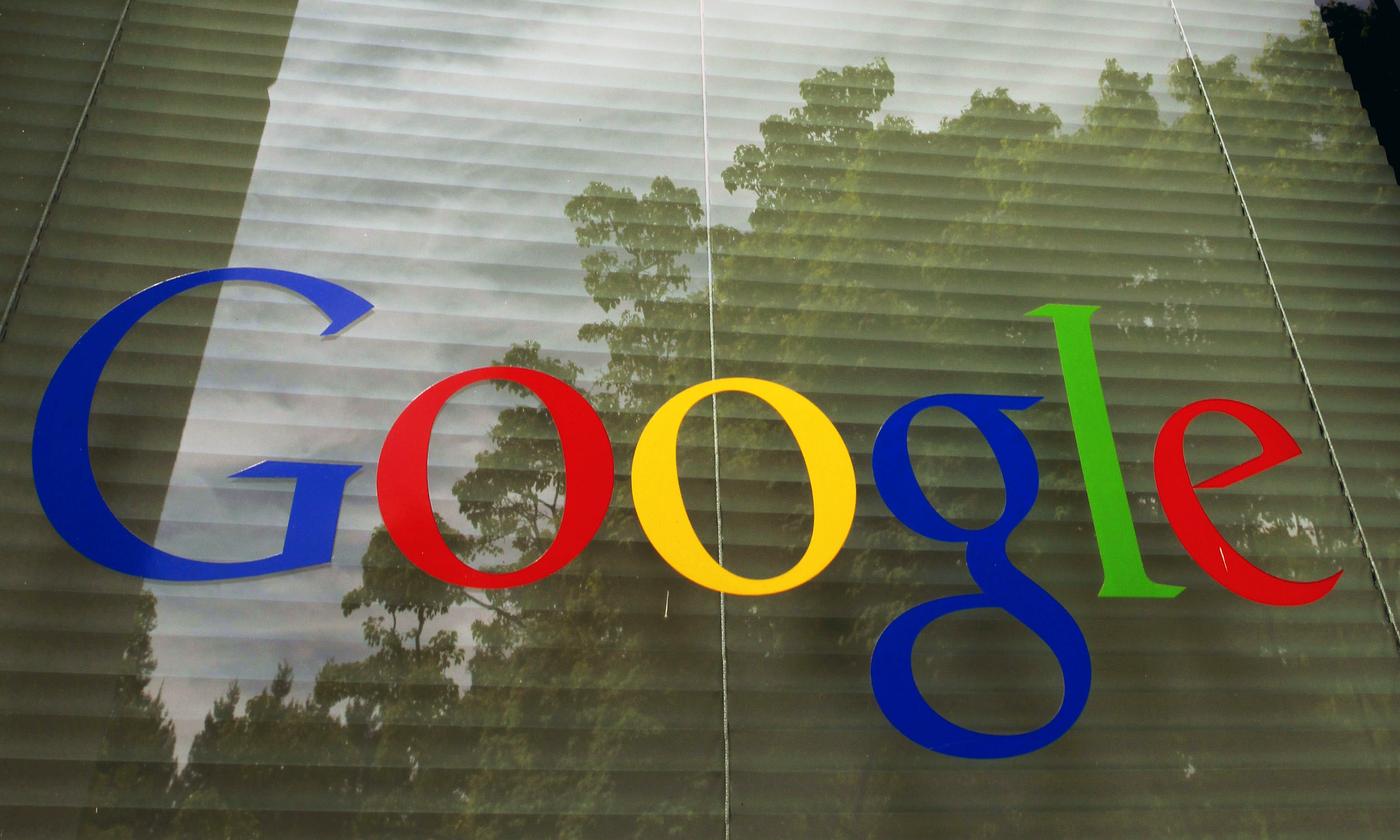Jul 30, 2015
Google’s Internet balloons will soon connect all of Sri Lanka with Wi-Fi
Posted by Shailesh Prasad in category: internet
It will be the first country in the world to have universal Internet coverage.
Google has teamed up with the Sri Lankan government to deliver broadband Internet to every region of the island nation, making it the first country in the world to have universal Internet coverage. The initiative is part of Google’s Project Loon, which aims to provide cheap or free Wi-Fi to people in remote rural areas around the world via a fleet of huge helium-filled balloons floating way up in the stratosphere.
















